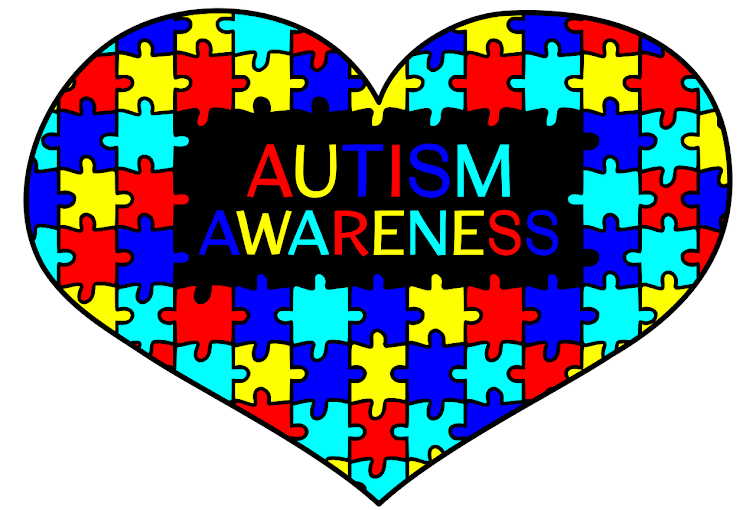5 Helpful Supplements for Autism Spectrum Disorder
Vitamins, minerals, and natural supplements are prescribed for kids with autism spectrum disorders (ASD) because they help with sleep and gastrointestinal distress and boost low vitamin levels. Here are the five best supplements.
1. Methylated Multivitamin
All multivitamins aren't created equal, as you can imagine. The best multivitamins are methylated to be metabolized and absorbed quickly. Research shows that autism and a genetic mutation called MTHFR (methylenetetrahydrofolate reductase) need supplements for autism treatment, for example from C.A.T - Customized Autism Treatment.
The body can convert inactive folate (5-methylfolate) into the active form (5-methyl folate) by producing this gene. Folic acid can accumulate in the blood without being able to get into the cells if an individual has full or partial mutations of either or both of the MTHFR mutations. The inactive, synthesized form of folate cannot be used by the body, causing a 'functional' deficiency. Additionally, vitamins B12 and B6 play a role in this process.
The methyl forms of B vitamins are always the better option if you are unsure if your child has any of these mutations or abnormalities in the methylation cycle.
2. Melatonin for autism
ASD children have difficulty sleeping about half the time. Several factors can reason for this, such as an irregular circadian rhythm, anxiety, hyperactivity, medication side effects, or others. The supplement melatonin regulates sleep and wake cycles. A hormone produced in the pineal gland in the brain is naturally found in the body.
Natural sources of melatonin include eggs, fish, nuts, and bananas, which make great evening snacks. However, when your pediatrician may recommend a supplement when the brain does not produce melatonin correctly, and foods containing it are limited.
The most commonly available form of melatonin is sublingual (dispersed under the tongue). Usually, a doctor will recommend a specific dosage based on your child's needs.
3. Fish oil
The herb has strong anti-inflammatory properties. Omega-3 fatty acids are essential for mental function and brain health, high in essential fatty acids. ASD patients have low intakes of omega-3 fatty acids. It has been shown that 95% of people do not consume adequate omega-3 amounts through diet alone. Low omega-3 levels can cause memory loss, brain fog, irritability, lack of concentration, childhood language delay, developmental delay, and skin issues.
4. Glutathione
Three amino acids make up this antioxidant supplement. Unlike most antioxidants, the liver makes glutathione, so you cannot get it by eating food or taking supplements. As an antioxidant, Vitamin C and E are regenerated, and mercury is transported out of the brain. Reduces cell and liver damage, improves insulin sensitivity, reduces ulcerative colitis damage, and reduces Parkinson's risk. The researchers did not look at whether symptom reduction continued after the study, but a 2011 study found that oral glutathione supplements might help some kids with autism. More studies are needed.
5. Probiotics
Most children with ASD suffer from intestinal issues, including constipation, diarrhea, bloating, and stomach pain. Dysbiosis (imbalance of gut bacteria) and yeast overgrowth are often to blame for this condition. Tests like the GI-MAP Panel can be done if you suspect this. Probiotics are highly recommended for individuals with ASD.
Children under the age of 4 should be given about 10 billion CFU, children ages 6-13 should be given between 10-30 billion, and children over 13 should be given between 25-50 billion CFU. It is important to verify your dosage with your healthcare practitioner since this number changes from individual to individual.



0 Comments